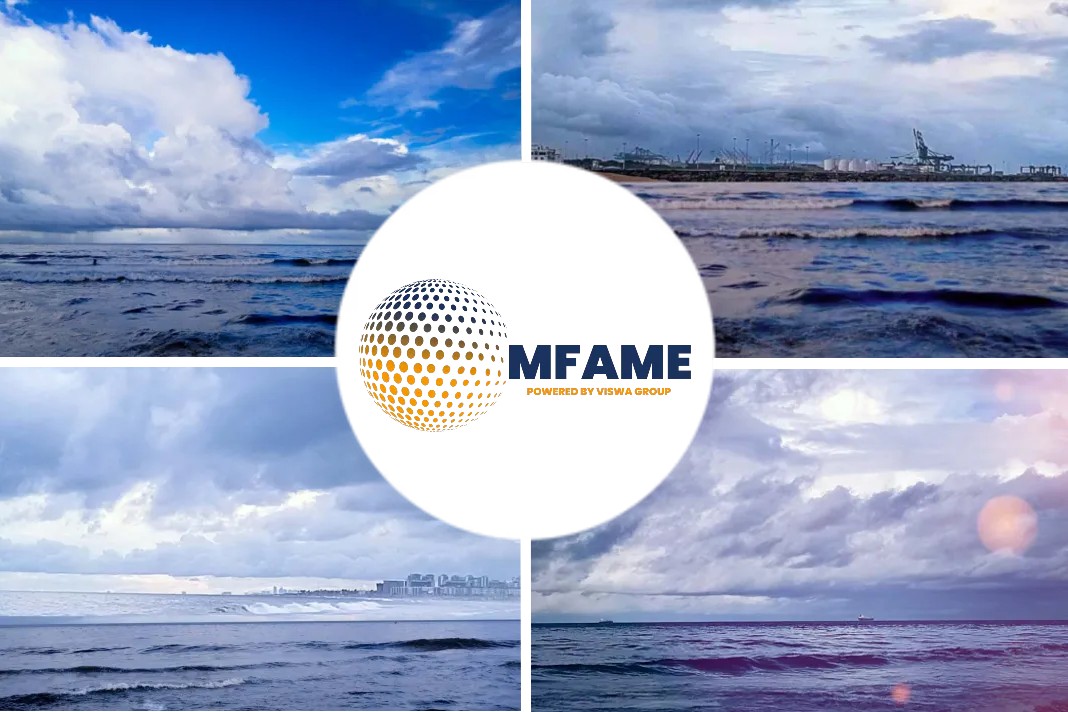More than 31bn litres (8.5bn US gallons) a year of pollution is estimated to be discharged off the west coast of Canada by cruise ships on their way to and from Alaska, reports the Guardian quoting a report by the environmental organisations Stand.earth and West Coast Environmental Law (WCEL).
Cruise ship pollution
“There’s this perverse incentive to treat Canada like a toilet bowl,” says Anna Barford, Canada shipping campaigner at Stand.earth. “They’re just using us like a highway and tossing stuff left, right and centre.”
Across Canada’s 151,019 mile (243,042km) coastline, ships generate 147bn litres of harmful waste each year, equivalent to 59,000 Olympic-sized swimming pools, according to a March 2022 report by WWF-Canada. Based on data from more than 5,000 vessels, the report found cruise ships were the largest polluters, despite making up only 2% of the marine traffic analysed.
Cruise ship pollution includes large volumes of toxic sewage from toilets, greywater from sinks, showers and laundries, and bilge water – the oily liquid that collects at the lowest part of a ship.
By far the largest source of pollution identified in the WWF report was from so-called scrubbers – devices installed to remove exhaust gases such as sulphur oxide and nitrogen oxide, as well as particulates, from the heavy bunker oil used as marine fuel. The scrubbers create an acidic wastewater containing a cocktail of chemicals.
Scrubber dumps
On a one-week trip to Alaska and back along the Canadian coast, a cruise ship will generate nearly 200m litres of waste from scrubbers, according to the Stand.earth and WCEL report. While ships can decide whether to discharge at sea or within a port, most waste from scrubbers is dumped as it is generated.
Globally, cruise ships have a patchy record of maintaining environmental regulations, including within Alaska, but the Pacific waters off the coast of British Columbia are particularly polluted. This is due to the many cruise ships but also because Canada’s federal dumping regulations are less stringent than the US laws, according to Michael Bissonnette, a lawyer from WCEL, particularly compared with regulations in Washington and Alaska – the two US states at each end of Canada’s west coast.
Did you subscribe to our daily Newsletter?
It’s Free! Click here to Subscribe
Source: The Guardian

















Wow, wonderful weblog layout! How long have you been running a blog for?
you made running a blog look easy. The overall look of
your website is magnificent, let alone the content! You can see similar here sklep online